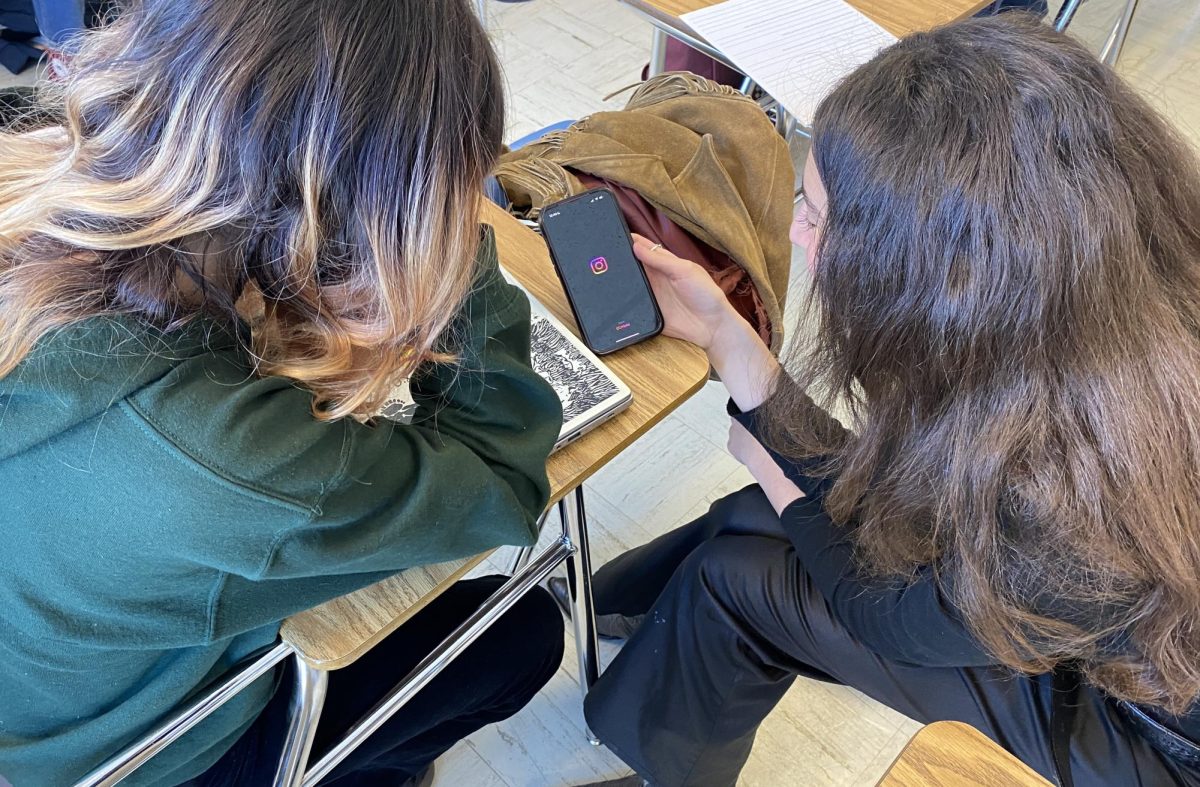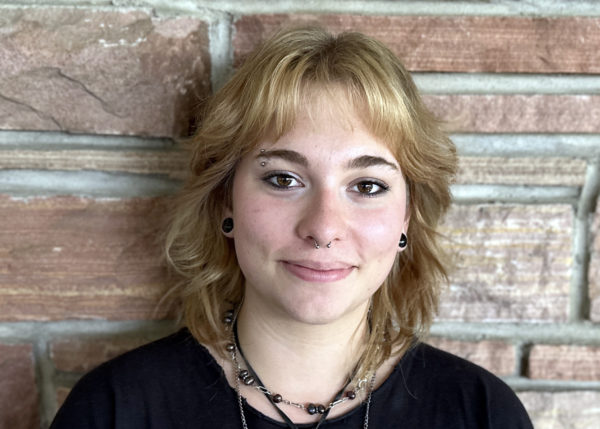Where do we draw the line between teasing and bullying? Often, it has to do with power and the equality or imbalance of it. Teasing is light-hearted, whereas bullying is ruthless. While this isn’t new information, sometimes we tend to forget that, especially when these concepts are transferred to an online setting.
Even though we’ve all been schooled on cyberbullying and how “it’s bad” and “don’t do it,” often, when put under the shield of an anonymous account, comments and posts quickly spin out. On the extreme end of the spectrum, awful comments are posted under videos and pictures, detailing myriads of insults that shouldn’t be shared out loud. Not only that, but exposing photos and videos can be posted by anyone at any time, making fun of others and often breaching privacy.
Some accounts, especially on Instagram, are created with the sole goal of embarrassment. On a viral level, meme pages or cringe accounts can re-upload photos of videos of celebrities, influencers, and regular people without repercussion. On an interpersonal level, spam accounts, finstas, or photo dumps do the same thing. While it would be foolish to go as far as to call all accounts like this “cyberbullying,” it begs the question of how mindful we are when posting online.
Recently some accounts have popped up on Instagram intending to expose people in the Boulder High community. Mostly targeting BHS seniors, most photos are alright, the occasional bad selfie or old photos from middle school. These photos are designed to tease friends and let others laugh about it. However, these posts easily teeter into “uncool.”
One senior, Haley Bonewitz ‘24, shared her experience of a video of her being posted on an account like this. On the one hand, she wasn’t too mad when she found out, “I wasn’t that upset about it because my friends did it,” however Bonewitz also emphasized the nature of her post, saying, “It was really humiliating to see something that you’re really not proud of.” If she had it her way, Bonewitz wouldn’t want a bunch of people she knows seeing her video, but she can also recognize these posts are mostly friends having fun posting to each other. Except what happens when unrelated students are targeted? Bonewitz said, “If it’s someone random that you’re putting a picture of, it’s really messed up.”
Here is where this trend becomes punching down more than anything. Unrelated students, getting wrapped in and being unfoundedly made fun of. Another student, Sebastien Neale ‘24 felt his feature definitely was meant to make fun of him. Neale said, “It’s interesting because I didn’t really have any relation to the people that are usually posted,” because of that, the people behind it were “Obviously trying to dig at me.” Neale’s scenario undeniably raises red flags on the “innocence” and “playfulness” of these photo dumps.
Another senior, Tessa Goldman ‘24, had no idea she was featured, or even filmed at all. Goldman had a video of her doing a K-Pop dance, seemingly filmed from far away, which was a big red flag for her, posted on Instagram. Shocked when she first saw her tag, Goldman said she felt “Honestly a little violated. Like somebody was filming me? That’s weird.” This brings up the privacy issue, especially because Goldman was in the weight room here at BHS. Colorado law says that you cannot knowingly take videos of someone without their consent in places with a reasonable expectation of privacy. However, Goldman’s situation unlikely doesn’t break the law because schools can be considered public spaces without the expectation of privacy. Still, these principles could easily be applied to other posts.
In her interview Goldman also had some interesting assertions about the kind of people who enable posts like this, “They’re playing a game where they feel like they’re in one of those Hallmark movies about high school where there’s one friend group that rules the school. And it’s like you don’t, you’re just dickheads.” Which isn’t an unfounded thought, especially when the same people seem to post to each other over and over again, making it very “cliquey.”
All of this is to say, why do so many students at BHS see posts like this and don’t have concerns? Why is the immediate reaction to laugh it off, when real people are being posted and ridiculed for just existing? Instead, students, and especially seniors, should think about the gravity of their likes, posts, and comments whether that’s big or small.



